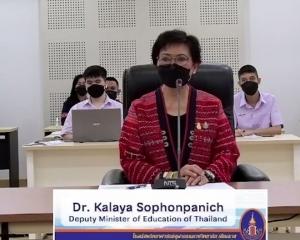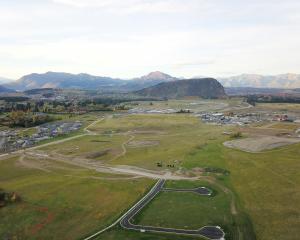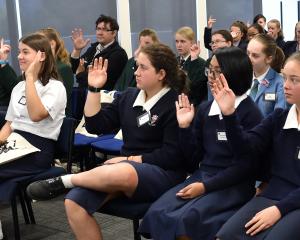
More than half the primary and intermediate schools in Dunedin posted their lowest or second-lowest March 1 roll returns in a decade last year.
Several principals warned a restructuring of primary education in Dunedin was inevitable, in the wake of shrinking school rolls.
Overall, the number of Dunedin primary and intermediate school pupils at March 1 fell from 7699 in 1998 to 6548 in 2008, a decline of 15%.
Some of the hardest-hit schools were in South Dunedin.
In light of the figures, the Ministry of Education appointed former South Otago High School principal Wayne Dixon to facilitate discussions between Calton Hill, Caversham, College St, Concord, Corstorphine, Forbury, Kings High, Macandrew Intermediate, Queens High and St Clair schools, aimed at gauging interest in amalgamations or closures of some schools within South Dunedin.
After discussions with principals and board of trustees members, his report concluded there were three "possible" next steps: To maintain the status quo; to move into a community initiated education plan (a community initiated review of all schools in South Dunedin); or to maintain the status quo but provide for schools to pursue merger or closure options if they chose.
Calton Hill, Caversham, Queens High and Kings High schools opted to maintain the status quo.
St Clair School opted to move into a community initiated education plan.
Concord, Corstorphine, Forbury and Macandrew Intermediate schools favoured maintaining the status quo, but providing for schools to pursue merger or closure options if they choose.
Only one school - College St School - opted for none of the above.
The College St board of trustees believed the Ministry of Education should take a more active role in conducting a review of schools and resources.
Mr Dixon said no further progress on mergers or closures could be made at this point, and the ball was in the schools' court.
"The schools of the South Dunedin area are diverse. They range from schools with full rolls and enrolment schemes to others with rolls that are barely sustainable, particularly in urban areas.
"Levels of occupancy follow a similar pattern. Percentage of usage - teaching spaces compared with entitlement - ranges from 20% to 94%."
Under the current legislation, a Community Initiated Education Plan was the only formal process the schools could undertake to move a review process forward.
The report recommended, in terms of the educational provision in South Dunedin, that the status quo remain and individual boards continue to pursue merger or closure options as they choose.











